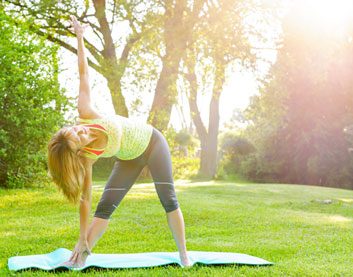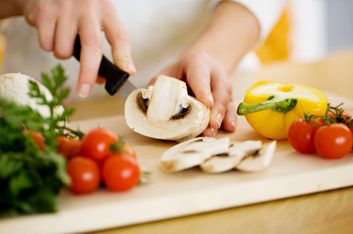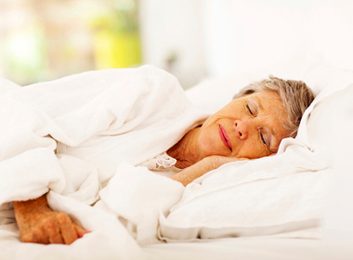
Coping with menopause
Talk to anyone who has experienced the upheaval menopause can bring and she’ll tell you it really is life-changing and it’s not necessarily all bad. Part of the problem is the negative press around hormone replacement therapy (HRT). Sure, it’s great that we now know about its dangers and doctors are using it more conservatively. “But we don’t want HRT to go off the agenda,” says Dr. Read. For many women, it helps manage very debilitating symptoms.
Menopause wrongly gets the blame for a lot of midlife problems, says Dr. Read. It’s time to throw out the stereotypes and face menopause with optimism.
That means looking at preventive care, such as diet, exercise and getting yourself as fit as you can so you can deal with all the stuff that’s going on in your life. Menopause is not just about coping with the effects of hormone change – it’s about setting yourself up to age healthily. Have that Pap smear, treat symptoms like depression or painful sex seriously and lose some weight, if necessary.
“There’s too much negative stuff about menopause. It’s a very good opportunity for women to assess what they are doing with their life and to become more aware of healthy behaviours,” says Dr. MacLennan.
Keep reading to find out what you can do to deal with menopause more easily.

Get active
Aim to exercise for 30-45 minutes most days of the week. This will help improve your general health, keep your bones healthy and boost your feeling of well-being and relaxation.
Professor Kerryn Phelps of Sydney University’s Faculty of Medicine says it’s important to do two to three hours of weight training a week for bone and muscle health.

Try alternative therapies
One of the most tested alternative therapies is black cohosh (found in products such as Remifemin). It may help with hot flushes and vaginal dryness.
Red clover (found in Promensil) may assist night sweats.
The herb Vitex agnus-castus (chasteberry) is a traditional treatment for irregular or heavy periods.
St John’s Wort may help with emotional instability.

Embrace fresh food
Phyto-estrogens (plant compounds chemically similar to estrogen) may reduce symptoms and are found naturally in soy products and beans, fruits, vegetables, grains, alfalfa and oilseeds like linseed.
Soy protein can reduce cholesterol and may also improve bone mass and cognition.
Eat a variety of fruit and vegetables, increase fluids and eat plenty of low-fat calcium products.

Avoid triggers
Reduce the chance of hot flushes by avoiding spicy food, caffeine and alcohol.
Dress in layered, light clothing.
Improve your “sleep hygiene”: keep the bedroom quiet, only go to bed when you are tired, avoid naps, and don’t go to bed too early.
Use a lubricant to help with vaginal dryness.
Try relaxation exercises, meditation or yoga.
Related:
• 5 reasons menopause may come early
• Is it menopause? Questions to ask yourself
• Is hormone replacement therapy right for you?
